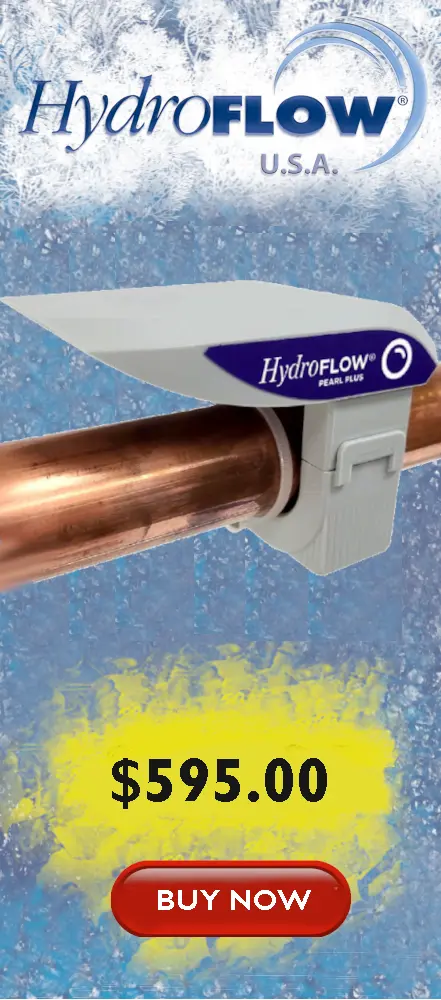Mississippi
Water Quality in the State of Mississippi
Mississippi is a musical state with blues and country music roots. The state is also known for its Magnolia flowers, historical monuments, catfish farming and its southern charm. The Mississippi resident gets their drinking water from underground aquifers such as the Mississippi embayment aquifer and the Mississippi river valley alluvial aquifer. The other sources of potable drinking water come from surface waters such as rivers and streams.
Water Hardness Summary
When rain falls, it gathers in lakes and aquifers. Rock formations in these bodies of water begin to slowly melt and enrich the water with dissolved minerals. The greater the number of dissolved minerals in the water, the harder it is. Mississippi water is considered hard with an average state range of 174 PPM.
The hardest water in the state comes from Pascagoula, with a water hardness level of 210 PPM. For reference, water is considered hard between 120-180 PPM. 180 and above is considered very hard according to USGS water hardness measures. Jackson, the state’s capital and the most populous city has 164 PPM (10 GPG) and Gulfport, the second-largest city has water hardness of 158 PPM.
For more information on the water hardness in specific cities, please see the table below.
PPM = Parts Per Million
mg/L = Milligrams Per Liter
gpg = Grains Per Gallon
Farming, Aquaculture, Forestry and Hard Water
Mississippi is a top-ranking farming and aquaculture state. The state is one of the largest broiler chicken producers and home to the catfish capital of the world – Belzoni, MS. Other leading commodities are cotton, tree farming, lumber, soybeans, corn, wheat, peanuts and sweet potatoes. Mississippi has just over 41,000 farms with a collective span of 11 million acres.
As a great deal of Mississippi has water rich in calcium (the primary source of water hardness), many farms and food processing plants experience issues related to scale buildup in their irrigators, production and processing equipment. In addition, contaminants polluting soil and waterways have increased greatly over the past few decades and there is a greater need for waste and chemical control. Many farmers are looking for eco-friendly solutions that can increase the quality and yield of their crops while saving water.
For aquaculture lab experiment results, please visit:
Phase 1 – AquaVet Clinical Evaluation Gyrodactylus spp
Phase 2 – AquaVet Clinical Evaluation Gyrodactylus spp
Solutions to your Water Quality Problems
Fixing your water quality issues in the state of Mississippi will depend on your specific water source. It is best to test your potable water supply in order to get a better understanding of your water quality. Testing is relatively cheap. The test results will allow you to understand if your potable water has issues that need to be addressed. Common solutions to water contamination problems may include a water filtration system, a reverse osmosis system or other whole home water treatment solutions.
A problem that almost all Mississippi residents will have to deal with is hard water. One old-fashioned, inefficient, expensive and unhealthy method to treat hard water is with a salt-based water softener. Most people don’t realize that if you’re using a water softener you are basically removing calcium and magnesium from your drinking water and adding salt to your diet. In addition, many states are banning the use of salt-based water softeners.
Alternative water treatment solutions such as “water conditioners” have been gaining popularity in recent years because they are cheap to operate and the best eco-friendly solution for hard water. Hydropath technology, which powers the HydroFLOW water conditioners is by far the most efficient and cost-effective eco-friendly solution to deal with hard water problems. To learn more about how HydroFLOW solves the problems created by hard water, please check out our technology page. You might want to read this blog that explains the difference between water conditioners and water softeners: Water Conditioner vs. Water Softener Blog.


